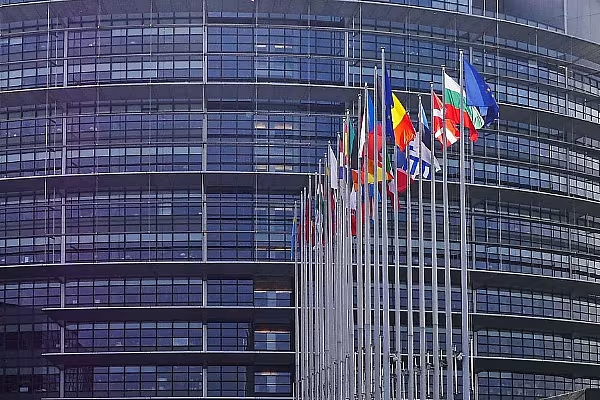Europe’s ability to complete trade deals with the rest of the world was thrown into doubt after Belgium’s government said that it had failed to persuade its regional parliaments to sign up to a proposed pact between the European Union and Canada.
Despite weeks of talks, Belgian prime minister Charles Michel said that he hadn’t convinced the Socialist-controlled, French-speaking region of Wallonia to give its assent to the pact – a move that’s necessary for full EU approval. Hours later, Canadian prime minister Justin Trudeau’s government set a de-facto Thursday deadline for Europe to agree to the deal, known as CETA (the Comprehensive Economic and Trade Agreement).
European Council president Donald Tusk said via a Twitter post that there’s still time to reach a deal in time for the planned summit on 27 October, although the path forward is murky. While Michel said that Belgium’s no leaves it up to Canada and the European Council to decide how to proceed, Trudeau’s trade minister, Chrystia Freeland, said that Canada’s work is complete.
“We’re ready to sign the agreement on October 27, as planned. It’s now up to the Europeans to be ready to sign on the 27th as well,” Freeland told reporters in Ottawa. She brushed aside questions of what Canada would do if that deadline were missed. “Right now, for this week, our absolute relentless focus is on getting CETA done.”
The collapse of the Comprehensive Economic and Trade Agreement would be another sign of the headwinds facing free trade, as politicians around the world fend off a populist threat that taps into voters’ fears that such deals destroy jobs. It could also damage the EU’s credibility as a global player at a time when it’s already struggling to deal with crises across its frontiers, from Brexit to Russia and Syria. Trudeau has said that failure to ratify the pact, which has been seven years in the making, would raise questions about the EU’s viability.
Damage Already Done
“The events of the past few days raise profound questions about the EU’s ability to fulfil one of its core functions: breaking down the barriers to help European companies do business internationally,” said John Clancy, a senior advisor at FTI Consulting in Brussels, and a former EU Commission trade spokesman. “Even if the blockage of the EU-CETA trade deal by the Walloon government is solved in the coming weeks, the damage is already done to EU trade policy and to the EU’s credibility as the world’s biggest trading bloc.”
Wallonia, which accounts for less than 1% of the EU’s population, has blocked progress, saying that it needs more time to negotiate amid concerns about the impact on employment and consumer standards. The stance is tying the hands of the Belgian federal government, which is in favour of the deal, but needs the endorsement of regional authorities. The other 27 EU nations support the bloc’s first commercial accord with a fellow member of the Group of Seven industrialised countries.
“We will have to rethink our governance and to make sure that a small minority cannot take the whole continent hostage for short-sighted political considerations,” Emma Marcegaglia, president of Brussels-based lobby group BusinessEurope, said by email.
Trudeau and Tusk spoke recently and agreed that EU member states “should continue to work towards the summit on Thursday”, according to a statement from Trudeau’s office, adding that he and Tusk would “stay in close contact in the coming hours and days”.
Call for Patience
“We do not work on the basis of deadlines and ultimatums,” Alexander Winterstein, a spokesman for the European Commission, told reporters. “At this stage, we are monitoring the discussions in Belgium aimed at finding a solution.”
The EU says that the pact would boost its economic output by about €12 billion ($13 billion) a year and expand EU-Canada trade by about a quarter. The deal’s failure would complicate separate negotiations with the US, Japan and other countries, as a wave of populist parties around the world challenges the benefits of free trade.
“CETA is not dead – it’s still alive,” Manfred Weber, leader of the Christian Democrats in the European Parliament, told reporters in Strasbourg, France, “and over the next few weeks, we will be doing everything we can to make sure it’s concluded.”
News by Bloomberg, edited by ESM. To subscribe to ESM: The European Supermarket Magazine, click here.














